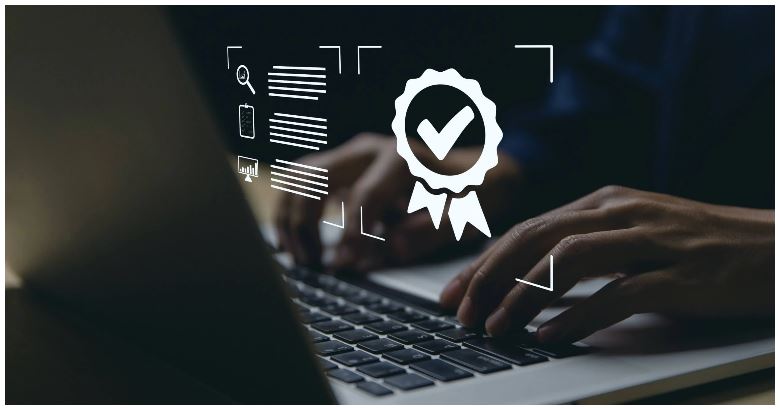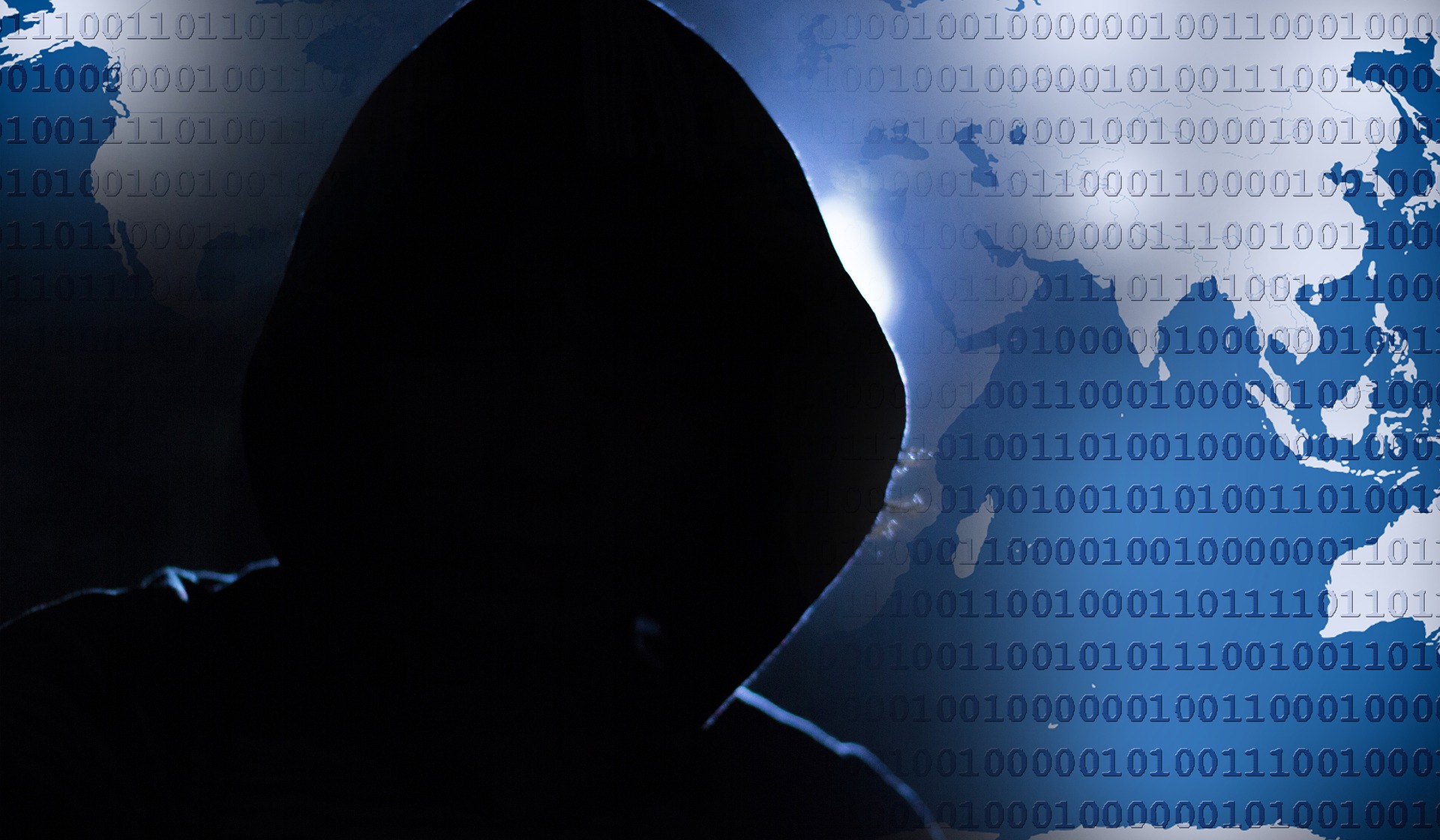How CSOs are Adapting and Protecting Online Spaces
Introduction
As digital technologies continue to advance at an exponential rate, cybersecurity is increasingly becoming a top priority around the world. In Zimbabwe, the digital security landscape for human rights defenders, has witnessed significant shifts in recent years and especially during the Covid-19 pandemic. This necessitated new measures to ensure safety and security both in online and offline environments. In this post, we examine the current digital security landscape in Zimbabwe, explore the practices that civil society organizations (CSOs) have adopted to ensure a safe online and offline environment, and based on what we have learnt in supporting CSOs – offer some recommendations for individuals and organizations looking to protect themselves in the digital world.
Current Digital Security Landscape in Zimbabwe
Growth in Internet Penetration
The rapid growth in internet penetration and availability of cheaper smart-phones has increased the number of Zimbabweans who have access to digital platforms. According to recent statistics, over 65,3% of the population now have access to the internet. This has led to a surge in the use of digital platforms for communication, commerce, and other activities.
Government Surveillance and Censorship
The Zimbabwean government has historically been known to engage in digital surveillance and censorship, limiting freedom of speech and the right to privacy. In response to political and social unrest, the government has intensified its efforts to control online spaces and monitor the digital activities of its citizens. As the country heads towards the harmonized polls in July 2023, there has been a marked increase in cyber threats, with notable patterns of digital surveillance; trolling; paid cyber-mobbing and physical surveillance being observed or reported among HRDs. During the Covid-19 pandemic and the associated increase of use of digital platforms – individuals, businesses, and organizations in Zimbabwe became more vulnerable threats such as phishing, ransom-ware and cyber-espionage, with sensitive data and personal information at increased risk.






